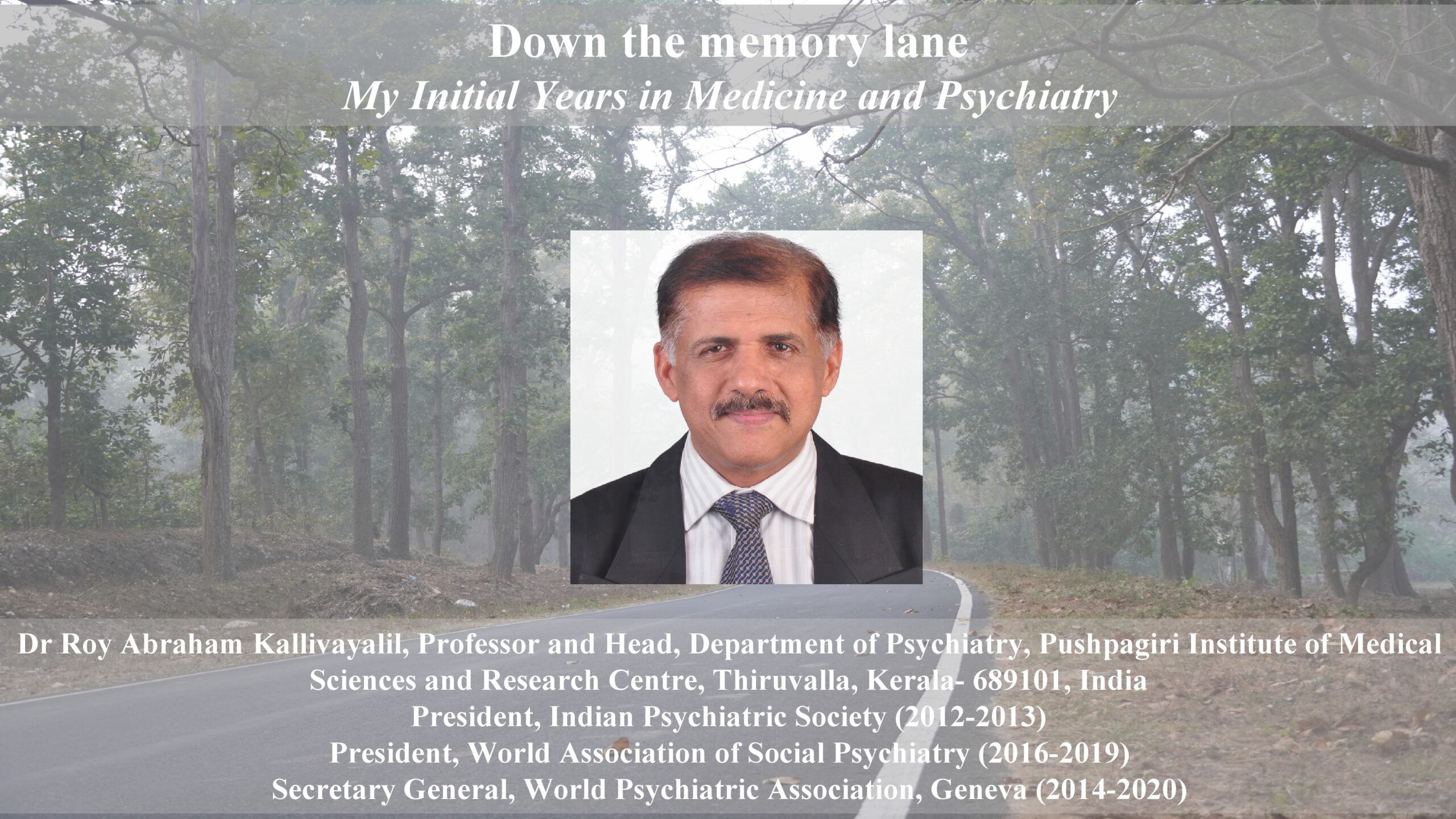Volume 6 Issue 9 September, 2016
Covert Medication
I recall my experience of a long time ago when the term ‘covert medication’ was yet to be coined. I maintained that the primary interest was, as always, patient care and welfare. The ethics and sensitivity of surreptitiously giving medication was not given much thought. The issue seemed very clear – the patient was very sick, was refusing medication and hence had to be treated for his and the family’s sake.
Mr X came accompanied by his sister to discuss his wife’s ‘illness’. She suspected his fidelity, tracked his movements, was quarrelsome and argumentative got easily agitated and was losing sleep. Her behavior had worsened over time and as a result her day to day routines were affected. She blamed him for all the problems, refused to take professional help and felt he needed treatment. Hence he requested that she be given medication so that when she improved she would cooperate and come for a consultation. His sister agreed with him. I prescribed Haloperidol liquid telling him how to use it and asked him to be in touch with me while educating him of possible EPS. He was advised that she should be brought for consultation at the earliest. He reported a week later saying that he was not able to give her
the medicine regularly as she was very vigilant. But he felt that his speech had slowed and he was feeling stiff. He exclaimed, ‘I think she has been giving me the same medicine.’
It transpired that she went to discuss her problem with a psychiatrist who suggested that she gives her husband this medicine and report to him!
My views on covert medication have evolved since then. I feel, in order to avoid mishaps like this, patient clinical care should factor in ethical sensitivity.

Bengaluru. rsrao90@hotmail.com


